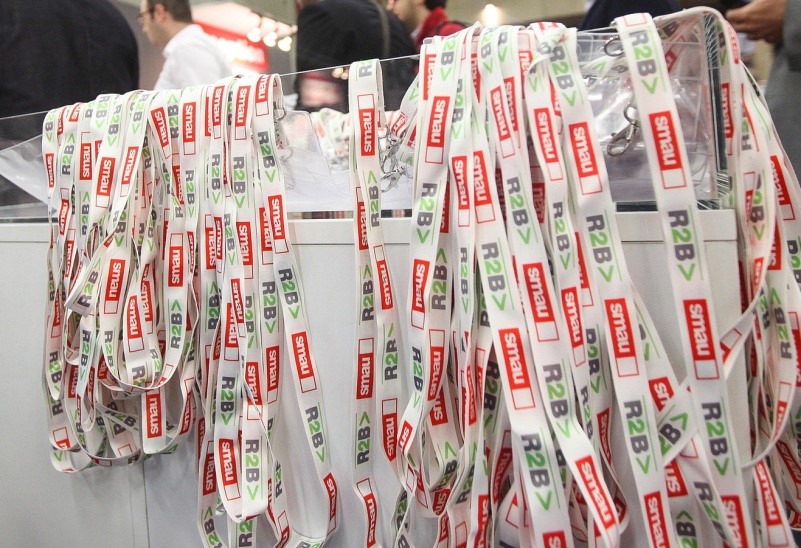WEEE represent a
particular type of waste: they are harmful for the environment and are not
biodegradable. For PAs they can be a problem from the disposal point of view
(if entrusted to subjects that do not guarantee the environmental protection).
But the solution exists and is called the circular economy.
In fact, inside
electrical and electronic equipment there are dangerous components that must be
put into safety and materials (such as copper, iron, steel, aluminum, glass,
silver, gold, cobalt) that can be re-used through a circular economy model .
Not only. WEEE also represents a business opportunity for innovative companies,
especially if they use big data and cutting-edge ICT technologies.
R2B dedicated a
Workshop to this theme, entitled "WEEE and Circular Economy" within
which the activities of the partners of the InnoWEEE project were presented.
R2B - Research to
Business is today the reference event in Italy for the multisectoral offer of
new technologies and skills, research and innovation, but also to discover
European and national policies for internationalization and competitiveness.
The 2019 edition of
R2B was dedicated to Artificial Intelligence, Big Data and their industrial
applications through the presentation of international and local best houses.
The InnoWEEE project represents a solution to the problem of WEEE because it
makes the supply chain more efficient for public administrations and citizens,
applying circular economy models. There are three cities where these models
will be tested: Trento, Cava de ’Tirreni (Salerno) and Bath (United Kingdom).
The discussion was
introduced by Marina Kovari of KIC Climate, then the different partners such as
Dedagroup, Ecodom, FBK and ENEA followed.
In particular,
Dedagroup, as coordinator, made an introductory overview through the
presentation of the website, www.innoweee.eu, dedicated to the project.
Ecodom reported an
overview on the problem of WEEE, in Italy and in Europe, focusing on the need
to increase collection, as the data with respect to being placed on the market
are still far from European standards.
Finally, FBK and ENEA
presented the pilot from Trentino and Cava de ’Tirreni respectively. In
particular, FBK illustrated the first phases of the project that involves
elementary schools, encouraging young students to dispose WEEE correctly.
ENEA illustrated the
Cava de 'Tirreni pilot, focused on the application of circular economy models
to an urban reality, thus involving more segments of the city's population.
